Earth
-
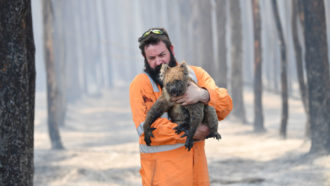 Environment
EnvironmentAustralian fires have imperiled up to 100 species
As massive wildfires consume huge swaths of Australia’s bush, untold species — many of them found nowhere else — are now threatened with extinction.
-
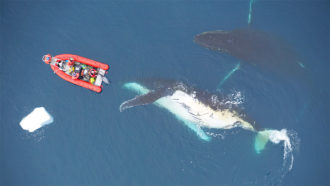 Life
LifeWhy some whales become giants and others are only big
Being big helps whales access more food. But just how big a whale can get is influenced by whether it hunts or filter-feeds.
-
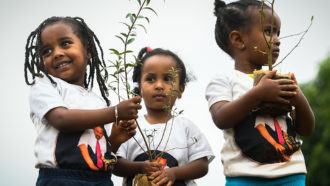 Climate
Climate5 things to know about the climate-saving benefits of tree planting
A recent analysis of the benefits of massive efforts to plant more trees triggered a firestorm of controversy.
By Susan Milius -
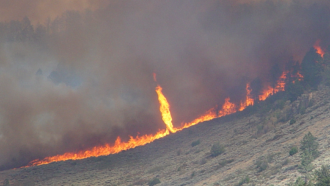 Earth
EarthScientists Say: Firewhirl and Firenado
Firewhirls are smallish vortices of ash and flame; firenadoes are true twisters set off by the conditions that come with a wildfire.
-
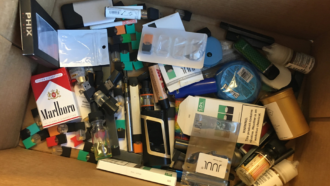 Environment
EnvironmentDon’t toss that vape!
Plenty of people talk about potential risks of vaping. But this teen habit also saddles schools with lots of trash — some of it quite toxic.
-
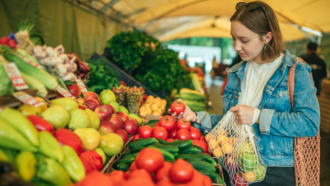 Life
LifeScientists Say: Nutrient
Nutrients provide living things, from bacteria to animals, with the energy and materials to grow. But too much of a nutrient can sometimes cause harm.
-
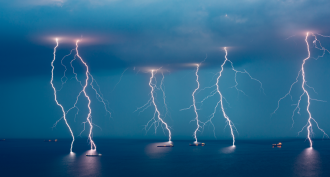 Climate
ClimateHotspots found for lightning’s superbolts
A nine-year survey reveals where and when the most energetic lightning strikes — and it’s not what scientists expected.
-
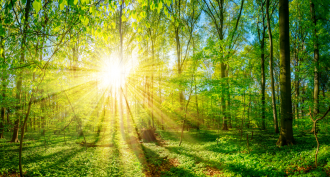 Chemistry
ChemistryScientists look to hack photosynthesis for a ‘greener’ planet
Photosynthesis turns sunlight into energy for plants. Scientists want to know more about it, imitate it — even improve it.
-
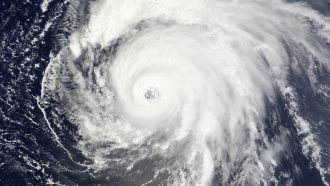 Earth
EarthPowerful storms may be causing ‘stormquakes’ offshore
A perfect-storm mixture of hurricane, ocean and seafloor structures can create distinct seismic signals that have now been named ‘stormquakes.’
-
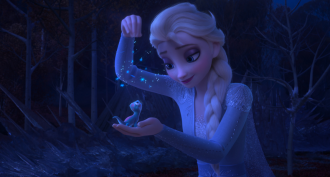 Physics
PhysicsFrozen’s ice queen commands ice and snow — maybe we can too
In the Frozen movies, Elsa magically manipulates snow and ice. But scientists, too, make snowflakes. If they reinforce it, architects can build with ice and snow.
-
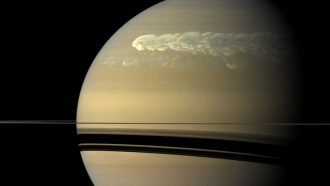 Planets
PlanetsAstronomers spot new type of storm on Saturn
These storms are bigger and longer lasting than squalls but not nearly as massive as this planet's Great White Spots.
-
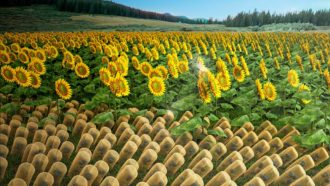 Materials Science
Materials ScienceSunflower-like rods could boost efficiency of solar collectors
A new material bends to follow the sun. Rods made from it could soak up far more of the sun’s light than ordinary solar collectors.
By Sofie Bates